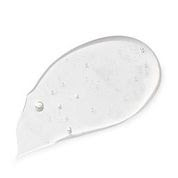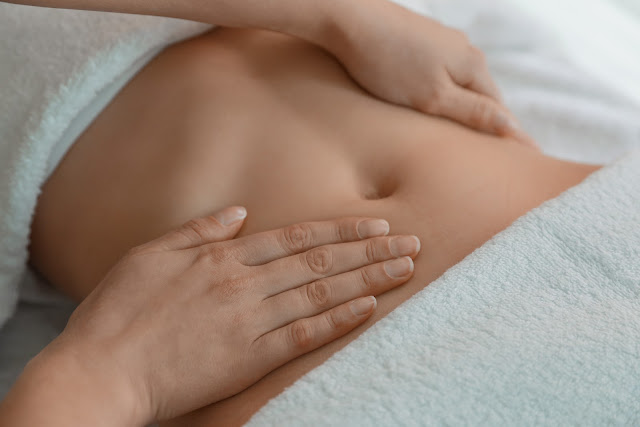Can we control skin ageing?
The skin is the largest organ in the body and is responsible for holding our bodies and shielding us from the outside world. We often take it for granted but skin has a vital job as the first line of defence to illness and disease and a passageway to our bloodstream. The skin makes up approximately 12-15% of our total body weight and consists of three main layers, the outer epidermis, the dermis and the subcutaneous layer. As we age we lose fatty tissue from the face, and the top layer epidermis becomes drier rougher and thinner creating wrinkles. With the added loss of collagen and elastin the muscle tone and contours of the face relax.
Over the years there has been a huge amount of research into understanding the human ageing process especially in regards to the skin. As it turns out, genetics are much lower on the list of factors influencing our skins destiny than previously assumed. In fact skin ageing is due to about 20% genetic factors which means that 80% is within our control. Skin ageing can generally be divided into two main categories:
Intrinsic ageing is part of the natural ageing cycle and is primarily influenced by genetic or metabolic factors inherited down the line from our parents and grandparents.
Extrinsic skin ageing can be determined by external factors such as environmental influences including pollution, chronic sun exposure, lack of skin care regime, sleep deprivation, stress, poor diet and smoking. All these factors can cause inflammation in the skin and produce free radicals that damage the skin cells contributing to the breakdown of collagen and elastin which are responsible for keeping the skin tight and strong.
The skin starts to age as soon as we are born but we don't tend to recognise this until we see the visible signs which can appear as early as 20 years old depending on our lifestyle. It is in our 30's that we really start to see changes as cell renewal slows and leads to a duller more uneven complexion. By our 40's the skin will appear thinner and the natural protective lipids decline make the skin more prone to dehydration. Depending on hormonal activity the skin may be prone to uneven skin or adult acne. In our 50's and 60's the moisture retention declines even more and the skin will appear much drier and has the potential to be more sensitive. Skin repair takes much longer and discolouration and deeper wrinkles are more prominent.
My approach to skincare and facial treatments at Pure Therapy incorporates a holistic approach with fantastic natural active skincare products and home care advice for a more balanced lifestyle and approach to keeping the skin youthful. What we put on our skin is just as important as what we put in our body but unfortunately there is no wonder cream out there that will miraculously halt or reverse the ageing process. It is important in my opinion to choose natural, chemical free products for the face and body as the skin can absorb many of the chemicals and parabens which have been shown to have a negative inflammatory effect on the skin and body over time.
For more information please refer to my earlier post regarding Parabens
Pure Therapy recommends Elemental Herbology https://www.elementalherbology.com/




Comments